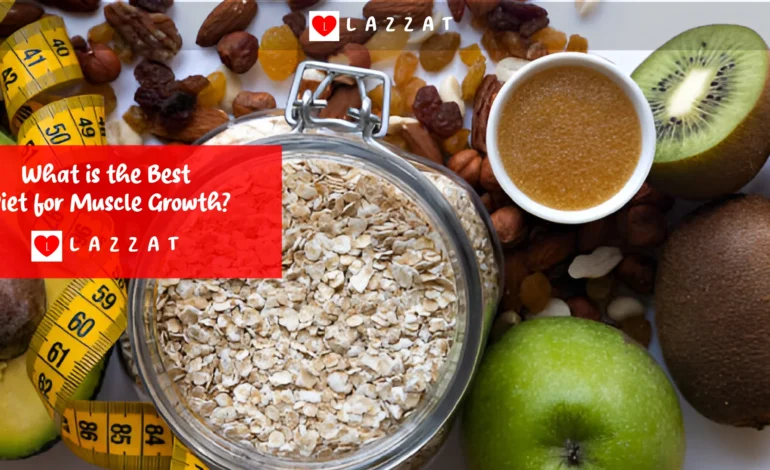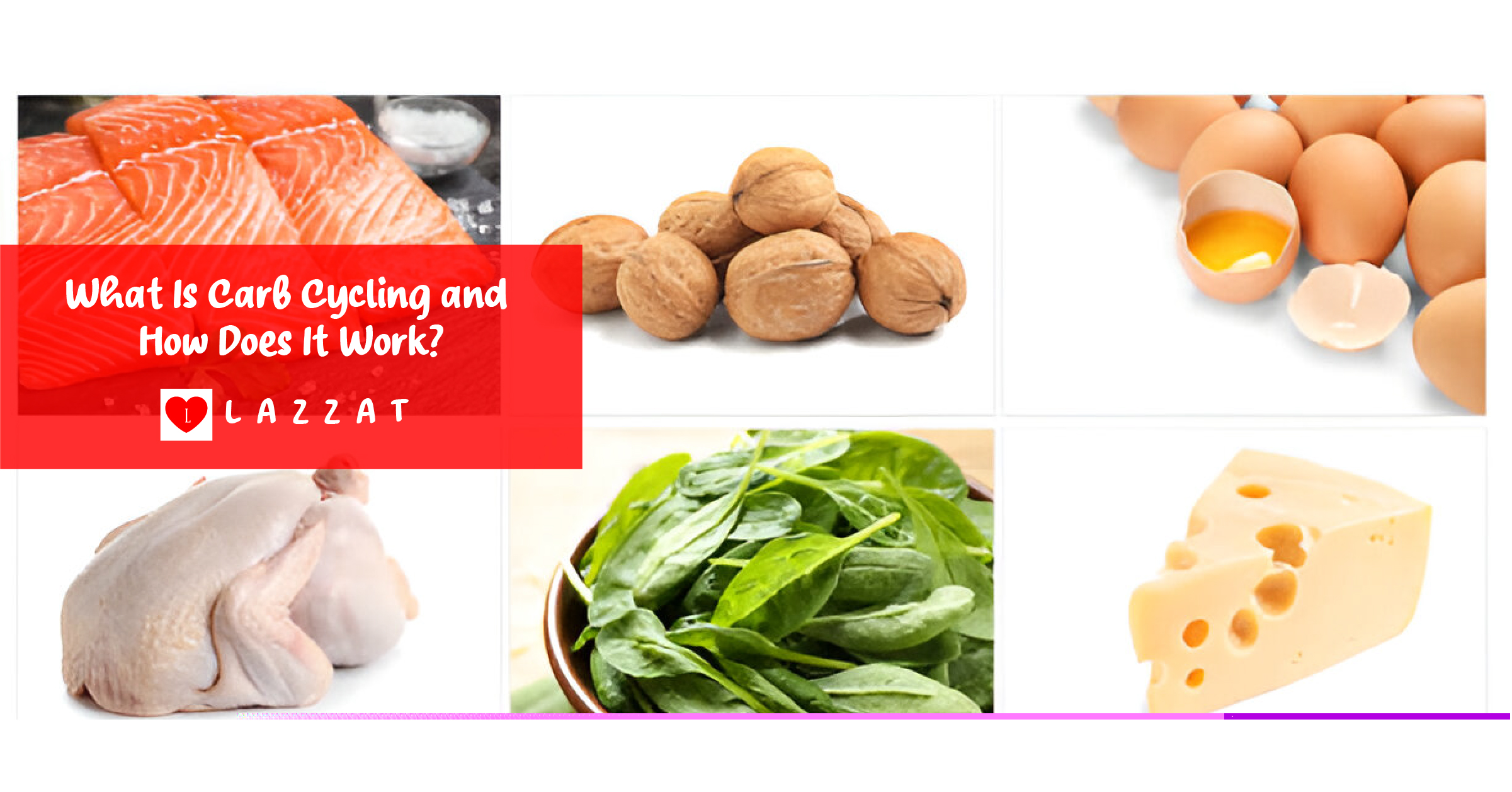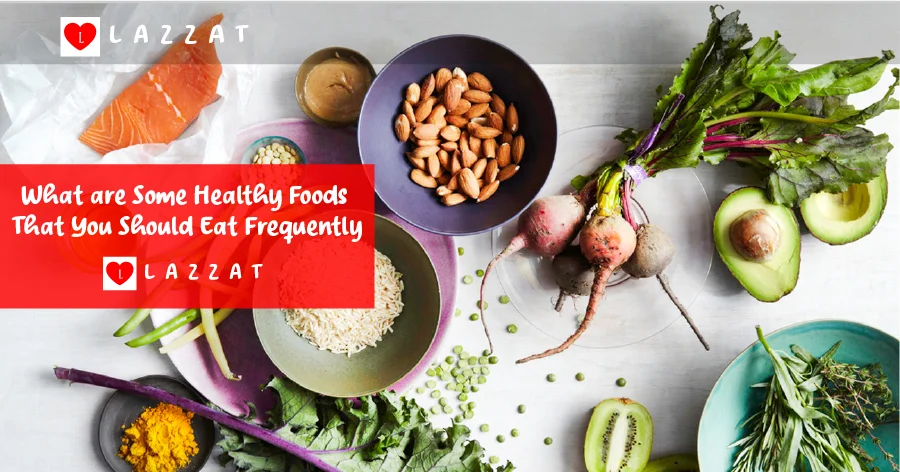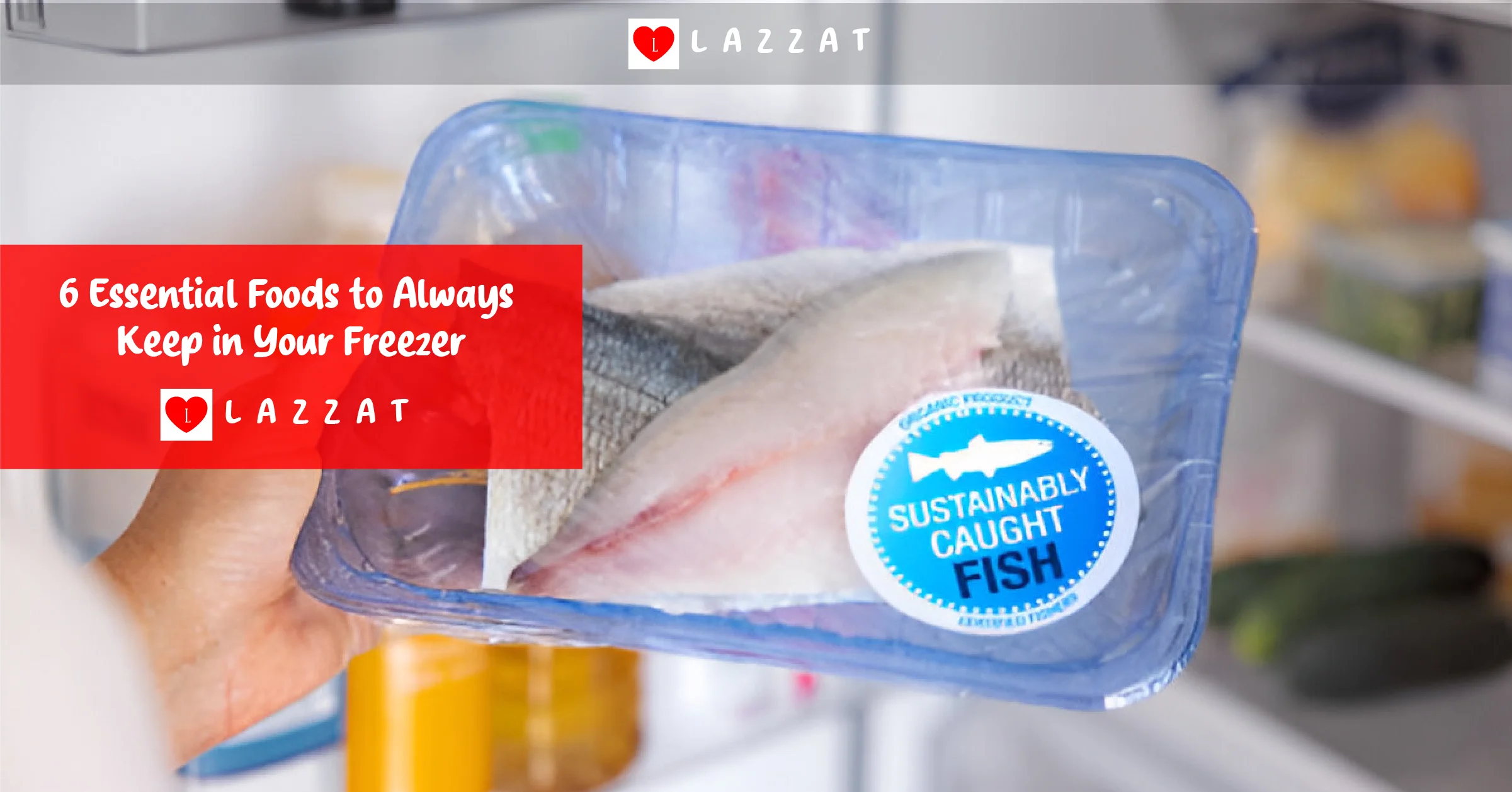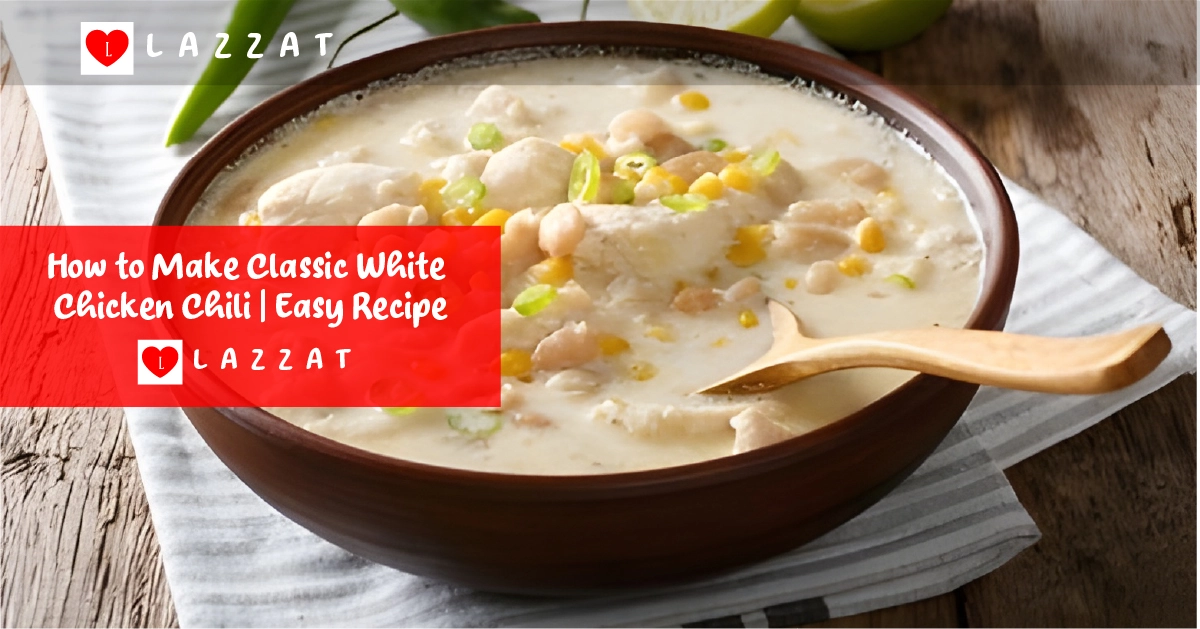Building muscle isn’t just about lifting weights—your diet plays a crucial role in maximizing gains. You could spend hours in the gym, but without the right nutrition, your progress will stall. So, what should you eat to pack on lean muscle effectively? Let’s break it down.
Table of Contents
The Science Behind Muscle Growth & Nutrition
Muscles grow through a process called hypertrophy, where muscle fibers repair and thicken after resistance training. But for this to happen, three key factors must align:
- Protein Synthesis – Your body needs enough protein to rebuild muscle fibers.
- Caloric Surplus – You must eat more calories than you burn to support growth.
- Macronutrient Balance – Carbs fuel workouts, fats support hormones, and protein repairs muscle.
Without these, even the toughest workouts won’t lead to significant gains.
Best Foods for Muscle Growth
Not all foods are equal when it comes to building muscle. Here’s what should dominate your plate:
High-Protein Foods
- Chicken, turkey, lean beef – Packed with essential amino acids.
- Eggs & dairy – Greek yogurt and cottage cheese are slow-digesting, great for recovery.
- Fish (salmon, tuna) – Rich in omega-3s, which reduce inflammation.
- Plant-based options – Tofu, lentils, and quinoa for vegans.
Carbohydrates for Energy & Recovery
- Oats, brown rice – Provide steady energy for intense workouts.
- Sweet potatoes, bananas – Help replenish glycogen stores post-workout.
Healthy Fats for Hormonal Balance
- Avocados, nuts, olive oil – Support testosterone production, crucial for muscle growth.

Macronutrient Breakdown for Muscle Gain
Getting the right protein, carbs, and fats ratio is key. Here’s a simple guideline:
| Macronutrient | Role in Muscle Growth | Recommended Intake |
|---|---|---|
| Protein | Repairs muscle tissue | 1.6–2.2g per kg of body weight |
| Carbs | Fuels workouts & recovery | 40-50% of daily calories |
| Fats | Supports hormone production | 20-30% of daily calories |
Example: A 180 lb (82 kg) lifter should aim for 130–180g of protein daily, with carbs and fats filling the rest.
Meal Timing & Frequency for Muscle Growth
Does when you eat matter? Absolutely.
- Pre-Workout (1-2 hours before): Carbs + protein (e.g., oatmeal with whey).
- Post-Workout (within 30-60 mins): Fast-digesting protein (whey) + carbs (banana).
- Before Bed: Slow-digesting protein (cottage cheese or casein) to prevent muscle breakdown overnight.
Eating every 3–4 hours keeps protein synthesis active, so skipping meals = missed gains.

Muscle-Building Supplements (Do You Need Them?)
Supplements can help, but they’re not magic. The most effective ones:
- Whey Protein – Convenient way to hit protein goals.
- Creatine Monohydrate – Boosts strength and recovery (5g/day).
- BCAAs – Useful if training fasted, but whole protein is better.
- Omega-3s & Vitamin D – Support recovery and testosterone levels.
Skip the hype—stick to the basics.
Clean Bulking vs. Dirty Bulking: Which is Better?
- Clean Bulking: Slow, controlled calorie surplus (300–500 extra calories/day).
- Pros: Lean muscle gain, minimal fat.
- Cons: Slower progress.
- Dirty Bulking: Eating anything to gain weight (excess calories).
- Pros: Faster size increase.
- Cons: More fat gain, unhealthy long-term.
Verdict: Clean bulking wins for sustainable muscle growth.
Sample Muscle-Gain Meal Plan (1 Day Example)
| Meal | Food |
|---|---|
| Breakfast | 3 eggs, oats, peanut butter |
| Snack | Greek yogurt + almonds |
| Lunch | Grilled chicken, quinoa, veggies |
| Post-Workout | Whey protein + banana |
| Dinner | Salmon, sweet potato, broccoli |
| Before Bed | Cottage cheese or casein shake |
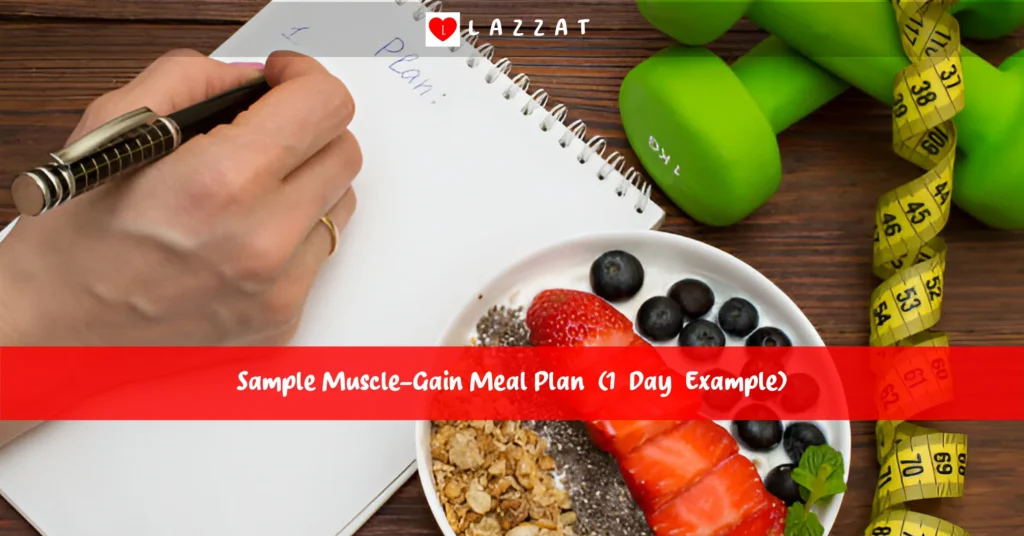
Common Diet Mistakes That Hinder Muscle Growth
- Not eating enough protein or calories – You can’t build muscle in a deficit.
- Skipping post-workout nutrition – Missed recovery window = slower gains.
- Overdoing supplements – Real food > powders.
- Ignoring hydration & micronutrients – Magnesium, zinc, and water are crucial.
Conclusion
Building muscle isn’t complicated—eat enough protein, fuel your workouts with carbs, support hormones with healthy fats, and stay in a slight calorie surplus. Supplements can help, but real food is king.
Key Takeaways:
✔ Protein is priority – Get 1.6–2.2g per kg of body weight daily.
✔ Carbs = energy – Don’t fear them; they power your lifts.
✔ Fats support hormones – Avocados, nuts, and olive oil keep testosterone levels optimal.
✔ Meal timing helps – But total daily intake matters most.
✔ Clean bulking > dirty bulking – Slow and steady wins the muscle game.
Ready to transform your physique? Start with these nutrition rules, stay consistent, and watch your gains take off.
Also Read: Intermittent Fasting Diet: What You Need to Know
FAQs
How much protein do I really need to build muscle?
Aim for 1.6–2.2 grams of protein per kilogram of body weight (or about 0.7–1 gram per pound). For a 180 lb (82 kg) lifter, that’s 130–180g per day. More isn’t necessarily better—your body can only use so much at once.
Can I build muscle on a vegan diet?
Absolutely! Focus on tofu, tempeh, lentils, chickpeas, quinoa, and plant-based protein powders to meet your protein needs. Just ensure you’re getting all essential amino acids by combining different protein sources.
Should I avoid carbs when trying to gain muscle?
No! Carbs are your primary energy source for intense workouts. Without enough, you’ll feel sluggish and recover slower. Stick to whole grains, fruits, and starchy veggies for the best results.
Is dirty bulking worth it for faster gains?
While eating in a huge calorie surplus can speed up muscle growth, it also packs on unnecessary fat. Clean bulking (300–500 extra calories/day) is a smarter long-term strategy.
Do I need supplements to build muscle?
No, but they help. Whey protein makes hitting protein goals easier, creatine boosts strength, and omega-3s reduce inflammation. Everything else is optional.
How important is meal timing?
It matters, but not as much as total daily intake. Still, eating protein every 3–4 hours and having a post-workout meal maximizes muscle repair.

